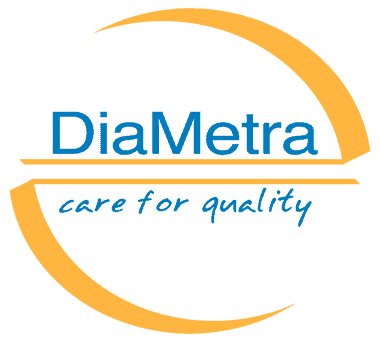Key Features and Values
– Same sample type can be used across all assays to simplify inclusion into routine serology work-up
– Ready to use reagents reduces hands-on time for assay preparation
– Long shelf life cost-effective solution by reducing wastage due to expired kits
– Suitable for inclusion on automated plate systems simplifies scale-up of test volume
– Supported by a complete panel of assays for supporting treatment monitoring of several forms of hormonal dysfunctions
Product Description
Immunoenzymatic colorimetric method for the quantitative determination of Triiodothyronine (T3) concentration in human serum and plasma. T3 ELISA kit is intended for laboratory use only.
Scientific Description
Both excess and deficiency of thyroxine can cause disorders. Thyrotoxicosis or hyperthyroidism is the clinical syndrome caused by an excess of circulating free thyroxine, free triiodothyronine, or both. It is a common disorder that affects approximately 2% of women and 0.2% of men.
Publications
1. Gharib H., et al J. clinical endocrinal.; 33, 509 (1971)
2. Chopra I.J, et al J. Lab Clinical Med., 80 729 (1971)
3.Young D.S., et al Clinical Chemistry, 21 3660 (1975)
4. Sterling L, Diagnosis and Treatment of Thyroid Disease, Cleveland CRC Press, p.9-51 (1975)

